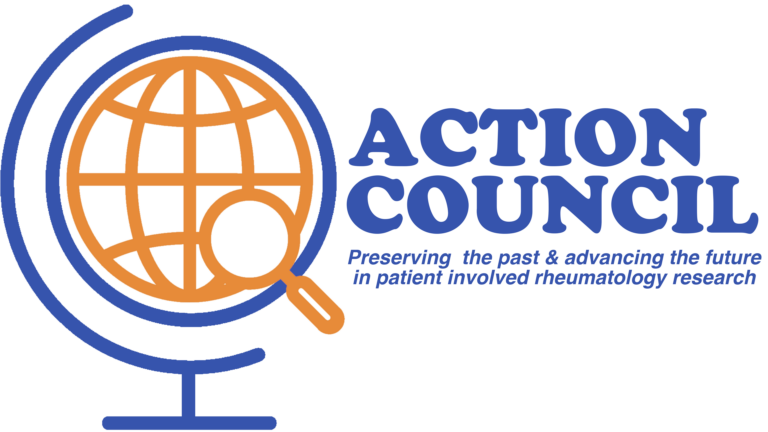
Video: History of Patient Engagement in Rheumatology
Dr. Maarten de Wit elaborates on the history of patient engagement in this video, which includes an overview of how it began in rheumatology and how he took part in it. “The great value of the pathway is it makes accessible all the great initiatives of the past for researchers who are now struggling to find the best ways of capturing the patient perspective in the work that they do.”
Patient engagement refers to persons living with a particular disease – or their care partners – who contribute to the research process beyond the role of study participant. Contributions by patients to the design, implementation, and evaluation of research leads to improved effectiveness, credibility, and cost-efficiency. Incorporating lived experience is essential to ensure that high-quality research brings real benefits for patients and their daily lives.
Patient Research Partner (PRP), a Concept of Patient Involvement (CoPI) that originated in the rheumatology community (EULAR, 2010), is defined as as a person with a relevant disease who participates or has participated as an active research team member on an equal basis with professional researchers, thus adding the value of experiential knowledge.
The role of the patient in research continues to evolve. Patient Organizations have moved from funding research to designing and managing it. To save costs and improve data extraction, patients are becoming focus group moderators and often taking on leadership roles – with professionals as their advisors (Mentor Led Research).
From regulatory evaluations to clinical trial design, the role of the patient in research is proving to be exceptionally valuable.
“The ACTion Council is unique in that we are 70% led by patients who have contributed to pivotal moments in rheumatology research,” explains Council Founder, Tiffany Westrich-Robertson – who is the CEO of the International Foundation for Autoimmune & Autoinflammatory Arthritis and also a person living with a rheumatic disease. “Persons living with rheumatic diseases have unique participatory challenges – like a need for schedule flexibility and accommodations that consider unpredictable flaring. Also, we recognized that our community is doing groundbreaking, innovative, and often patient-led projects. By mapping these successes (and challenges), we can advance rheumatology specific research and, in turn, improve patient outcomes.”
In 2023, the ACTion Council will revise membership to begin their next initiative, which will be to focus on the patient stakeholder – getting more patient involved in research opportunities, patient-developed guidance based on our unique participatory barriers (rheumatic disease challenges), and connecting those designing and management patient included rheumatology research projects to patient partners.
To learn more about the various types of patient involvement in research view the CoPI Glossary.
If you are a person designing research projects in the rheumatology space and have questions how best to involve patients, view our Glossaries and the Pathway tool. If you still have questions, you may contact us at [email protected].

